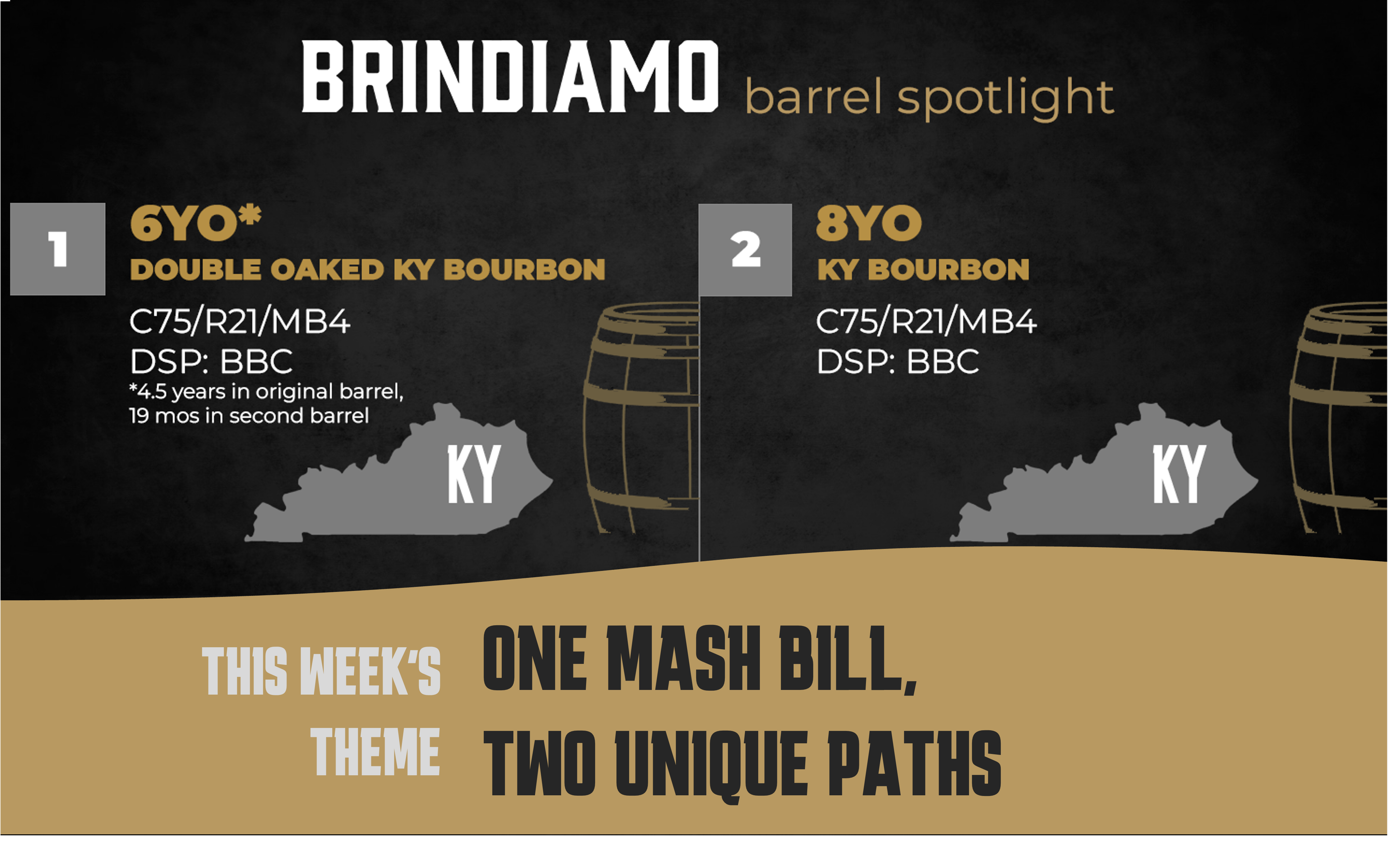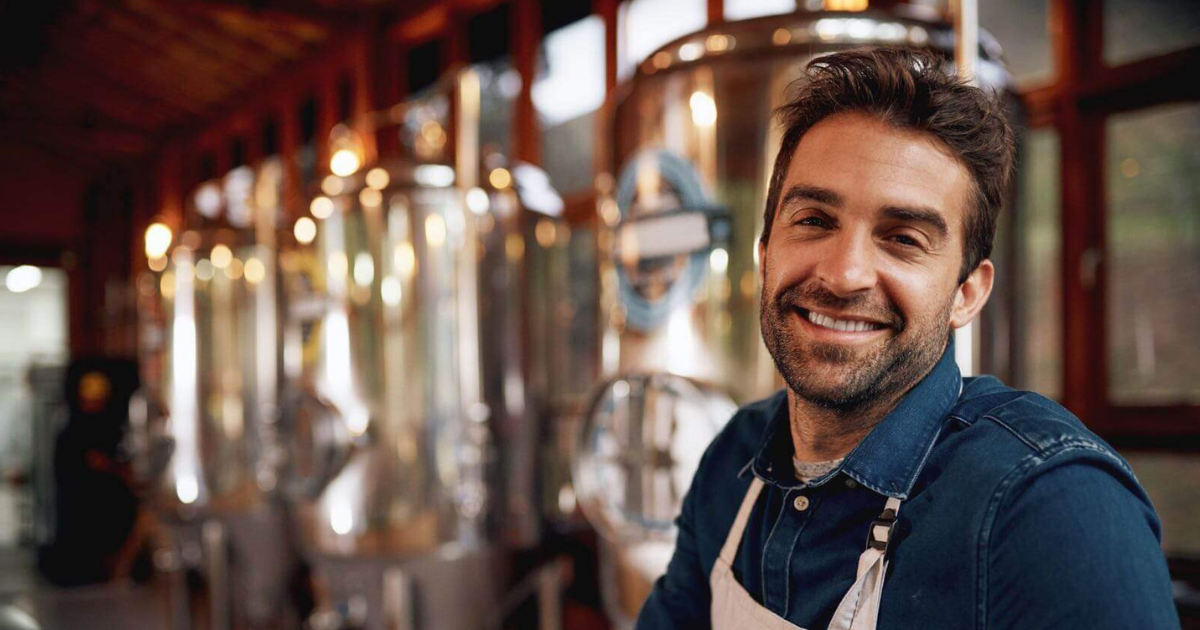Brindiamo Playback: The Content That Shaped the Whiskey Conversation in 2025
As we reflect on 2025, we wanted to take a moment to look back with you. This past year, our team published across more mastheads than ever before —...
.png)
Running a successful distillery requires precision, consistency, and strategic planning. From managing raw materials to ensuring compliance with regulations, every aspect of daily operations contributes to the quality of the final product. Here, we outline best practices for optimizing daily distillery operations.
The foundation of any great whiskey or spirit starts with high-quality ingredients. Sourcing quality grain from trusted suppliers ensures consistent production. Monitoring inventory levels prevents production delays, while regular testing and quality control inspections maintain flavor consistency.
Mashing and fermentation play a crucial role in defining the spirit’s flavor profile. Following standardized mash bill formulations helps maintain product consistency. Controlling fermentation temperatures ensures efficiency, and tracking fermentation times maximizes alcohol yield without compromising flavor..png?width=1200&height=630&name=Featured%20Image%20Size%20(97).png)
Distillation is where raw materials transform into a refined spirit. Regular maintenance of stills prevents contamination, while monitoring precise cut points helps capture the best quality distillate. Optimizing heating and cooling processes reduces energy costs and improves sustainability.
Aging is one of the most critical stages in whiskey production, impacting flavor, texture, and color. Selecting barrels that enhance desired characteristics, maintaining consistent warehouse conditions, and implementing a tracking system for barrel age and rotation contribute to a successful aging process.
The final stage of production involves preparing the product for distribution. Automated bottling lines improve efficiency and reduce waste. Conducting quality control checks ensures consistency in fill levels and labeling, while considering eco-friendly packaging solutions appeals to environmentally conscious consumers..png?width=1200&height=630&name=Featured%20Image%20Size%20(96).png)
Adhering to regulations is non-negotiable in the spirits industry. Maintaining detailed production logs of ingredients, distillation runs, and aging periods ensures traceability. Compliance with Alcohol and Tobacco Tax and Trade Bureau (TTB) regulations and implementing workplace safety protocols and environmentally sustainable practices are essential.
A distillery’s profitability depends on careful financial planning. Tracking expenses related to raw materials, equipment, and operations helps control costs. Utilizing barrel financing options can help manage storage and aging costs, while scalability planning ensures production capacity aligns with market demand.
Collaborating with industry partners can enhance efficiency and expand market reach. Working with bulk suppliers provides access to high-quality whiskey at competitive rates. Utilizing professional bottling networks streamlines product distribution, and building relationships with distributors increases brand visibility.
Daily distillery operations require a blend of technical expertise, strategic planning, and industry partnerships. By implementing these best practices, distilleries can ensure consistency, efficiency, and profitability in whiskey production. Whether you’re a startup or an established brand, optimizing operations will enhance both product quality and business success.
For expert guidance on sourcing, barrel management, bottling, and financing, Brindiamo is your trusted partner in the whiskey industry. Learn more about our services.

As we reflect on 2025, we wanted to take a moment to look back with you. This past year, our team published across more mastheads than ever before —...

Welcome back to the Brindiamo Barrel Spotlight, our weekly email series highlighting the barrels, distilleries, and market dynamics shaping today’s...

The market for bourbon barrels is bifurcated. Over the course of the last 24 months, the conversation has shifted from how to find whiskey to how to...

The alcoholic beverage industry presents significant profit potential, attracting many aspiring entrepreneurs. This expansive industry offers...
.png)
If you're looking to purchase alcohol from a bar, restaurant, grocery store, or gas station, it undergoes a specific process to reach its final...
-min.png)
The dream of crafting your own spirits is exhilarating—but building a successful distillery goes far beyond perfecting your recipe(s). One of the...
Join the conversation
Leave a comment below.